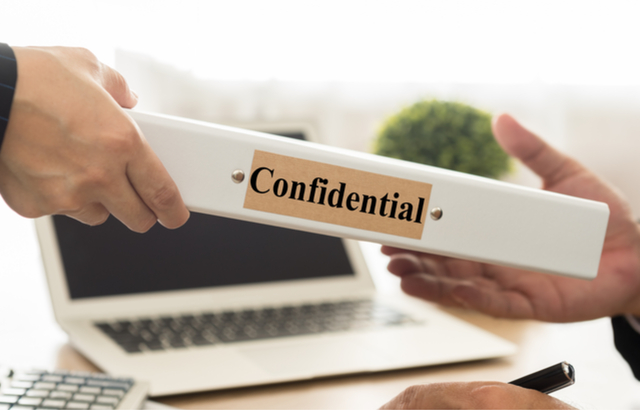As Data Privacy Day is upon us, we thought it apt to put together some top tips on how to manage and secure your online information.
“Who has access to my data?”
If you’ve asked yourself this question and can’t help but feel concerned, you are not alone.
According to a National Cyber Security Alliance study from 2016, more than 90% of American internet users worry to some extent about their data privacy. For almost 70% of the surveyed Americans, their number one concern is the lack of control over the information they have posted online.
Even more so with regard to social media: an alarming 96% of respondents to a recent poll said they don’t have much faith in the services social networks provide to protect their information.

Similarly, for nine out of ten European citizens, the confidentiality of their personal information, online communication and behavior is an important issue, as shown in the recent Eurobarometer on ePrivacy.
“More than 90% of American internet users worry about their data privacy.”
The reactions to the newly publicized WhatsApp vulnerability only continue to prove just how strongly this topic resonates with both end users and security experts.
What better time to take a closer look at this issue than on the occasion of international Data Privacy Day, a global initiative dedicated to promoting a culture of privacy awareness in an increasingly digital world.
Here are a few tips to match your online safety to your concerns:
Lock down your data by creating strong passwords or passphrases and make a habit of frequently changing them. Never use the same password for multiple services. Ideally, your password-protected accounts should be made even more secure by introducing an additional factor into your login routine. This extra layer can be ‘something you know, have, or are’: think pin codes, smartphone login approvals, security tokens or fingerprint authentication.

To own your online presence, periodically review your privacy settings on web services and social media accounts and adjust these selectively with regard to data sensitivity. If enabled by the medium, keep track of who sees what by splitting your social circle into categories with individual settings.
When browsing (official) app stores, make sure to get to know the app permissions before downloading or updating. Instead of blindly accepting the terms you’re confronted with, weigh out your potential losses and gains. If in doubt, read what other users have to say in their reviews.
Whatever your preferred means of expression, it is important to be aware of the possible consequences. Be your own strict editor and only allow yourself to post, like, share, comment in a way that won’t make things awkward for you if taken out of context.
If you’re faced with tempting offers demanding immediate action, stop and think about their source and conditions. If something on the internet sounds too good to be true – be it unrealistic contest campaigns or “magical” popularity boosting apps – it most probably is.
“Only allow yourself to post, like, share, comment in a way that won’t make things awkward for you if taken out of context.”
Finally, don’t be selfish with your data privacy efforts; instead apply them just as thoughtfully when sharing information that concerns others.
Although different groups of people are prone to different kinds of unsafe online behaviours, the need for greater awareness as a first step towards improvement is universal. To support the endeavors of Data Privacy Day, we encourage you to pass these tips on to your family and friends.







